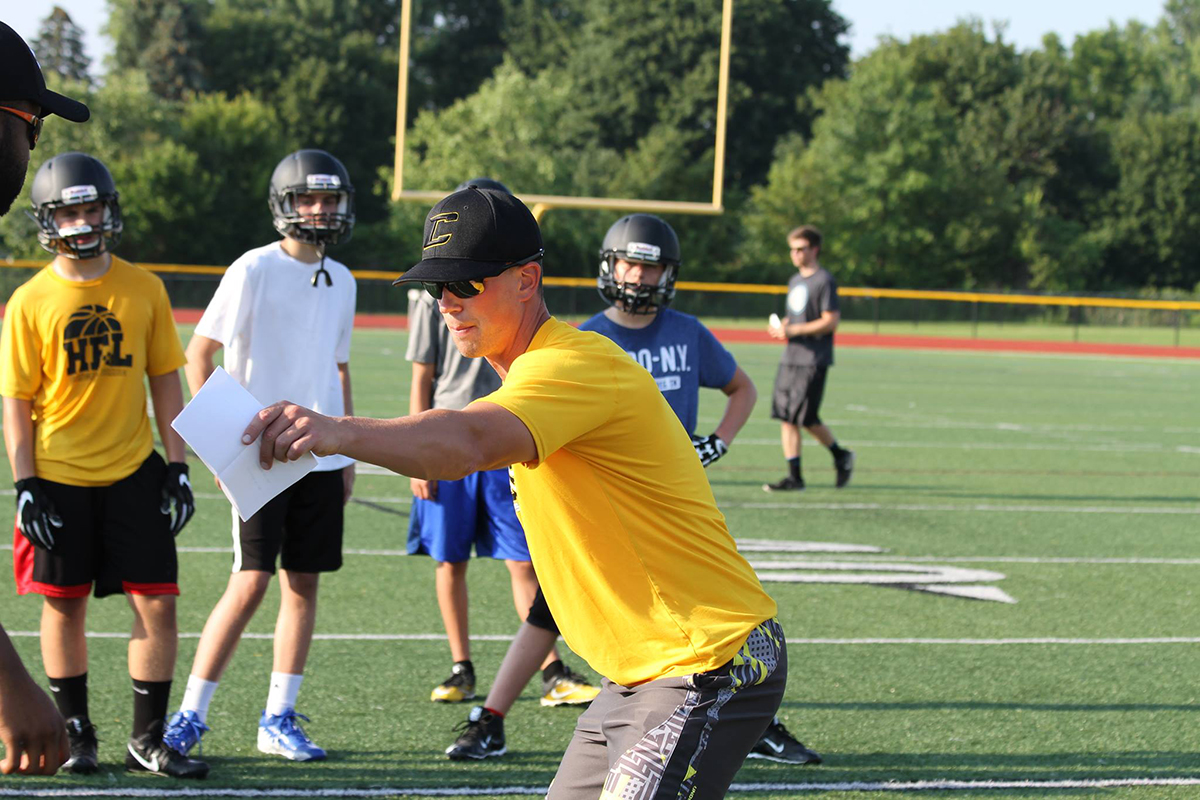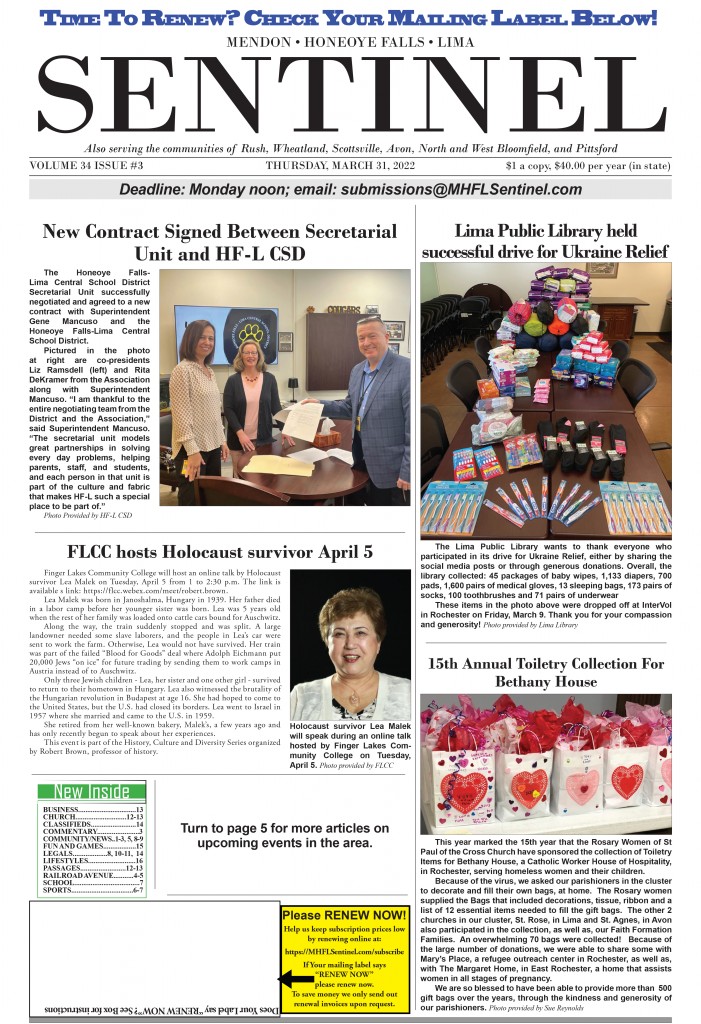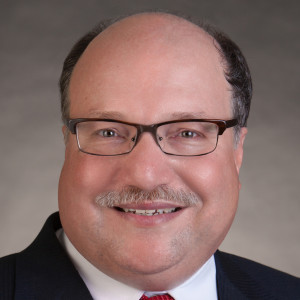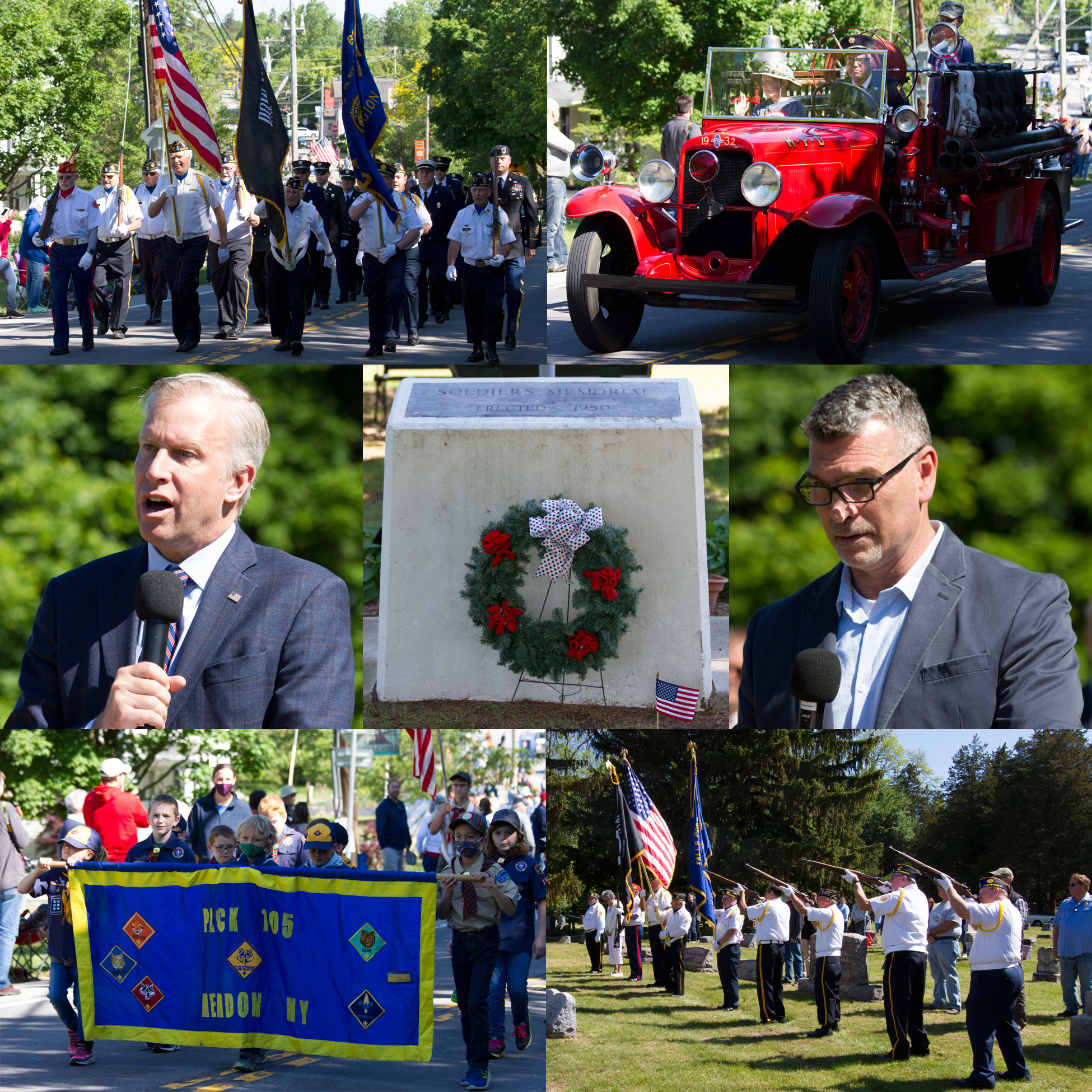 Heidi Asarese runs Fancy Pants Mobile Grooming. She’s a mobile groomer. She helps pet owners and farmers maintain their animals. This is important for the animals (and their owners).
Heidi Asarese runs Fancy Pants Mobile Grooming. She’s a mobile groomer. She helps pet owners and farmers maintain their animals. This is important for the animals (and their owners).
She’s not a veterinarian. New York State says she’s not essential. “I can easily do my job with minimal contact with people,” says Asarese, “however, New York State has me shut down.”
Pam Scully owns Bodywork Kneaded. Licensed by New York State, her work requires close contact with people. This is important for those people.
“I’m a licensed massage therapist, I have other therapists working for me as well,” says, Scully. “We are considered non-essential as well at this time, so we’re closed.”
Scully belongs to a trade association that has tried to lobby New York State to reclassify her therapy business as essential. “We have a rep at the state level,” she says. “I know that we’re not considered essential because our rep talked to the legislature. They got it right from Albany that we are not essential and therefore should not be massaging.”
Asarese took a different route in an attempt to reopen her business. “There is no licensing for groomers and we don’t have an official association at the state level” she says. “There are people who have contacted the State. They have gone in and tried to get a variance only to be told unequivocally that we are not allowed.”
These are just two of several local stories. Indeed, this has increasingly become THE story across the nation, as small businesses suffer during what has become a state by state shutdown. Even as President Trump has outlined a measured process to reopen, he’s left it to individual state and county governments to determine their own pace for allowing private businesses to open again.
We all see what is coming from Albany. There’s a growing concern within Western New York (as well as our friends to the east in Upstate New York) that one size doesn’t fit all, that what works in New York City doesn’t (and shouldn’t) necessarily apply to the rest of the state. The Sentinel spoke to local elected officials to see how their respective counties may be taking the lead in convincing Albany to reopen portions of the State.
Mike Falk, Supervisor of Lima, is a small business owner. He’s experiencing first-hand what many others are. He also serves on the governing board of his county, so he’s got a front row seat to what’s happening at the county level.
“There’s been some discussion at the Livingston County level, but most of it hinges on what the Governor does,” says Falk. “We’re kind of stuck, because those who don’t follow the Governor’s plan end up getting fined and the trickle of supplies stops. We have to play ball. I’m talking about the Town, the County, individual businesses, everybody. You’ve heard about bars in Buffalo that lost their liquor licenses because they did not exclude customers right away. New York State has set up a snitch line for anyone to call in and report anyone else who’s not complying with whichever thing the Governor has put into effect that particular day.”
Unlike town supervisors in Livingston County, Monroe County town supervisor’s role in county government was replaced by separately elected county legislators decades ago. While they may share the same concerns as their Livingston County counterparts, right now they’re in the frustrating position of playing wait and see with Monroe County.
“I’ve heard other town supervisors talk about their desire to get a Monroe County task force but I have not seen anything,” says Rush Supervisor Gerald Kusse. “Everyone is burdened at the County right now.”
It’s not just Monroe County town supervisors, village mayors are having a similar experience. Scottsville Mayor Eileen Hansen, says, “I have not gotten any info from Monroe County along the lines that they have a task force to address what it would take for businesses to reopen. It’s a question that came up that someone was asking me.”
Look around the state and you’ll see people are starting to do more than ask. On Monday, April 20th, protesters driving their automobiles clogged Buffalo’s Niagara Square, effectively shutting down this critical transportation hub in the Queen City. It was an odd way to send a message to Albany, but that’s what they were trying to do.
While the Erie County Executive has had well-known run-ins with Governor Cuomo despite similar party affiliations, it’s not clear what Monroe County has done to move the ball forward and distance itself more convincingly from Albany.
“I’m not aware of anything that’s officially been done at this point, but I think people are getting a little impatient,” says Mendon Supervisor John Moffitt. “I think people think we’re being held to a standard that might be necessary downstate, but may not be necessary upstate.”
There’s apprehension about the heavy-handedness of Albany, even when it comes to New York City, the unquestioned hotspot of the COVID-19 epidemic not only in our State but in our entire country. “Like the school district,” says Hansen, “where the mayor of New York City said he going to close the schools, but the Governor said ‘No, that’s something I have to do.’ I think it could work in reverse. For example, the Governor could say ‘You can open your schools,’ but the school superintendent could say, ‘I don’t think we’re ready yet, I’m going to keep our schools closed.’”
The clock is ticking. We’ve already had one example of the Governor pushing the goal posts back (from April 30th to May 15th). Hold long will citizens be able to avoid a severe bout of collective cabin fever?
“I think people are probably heading in a direction over the next couple of weeks where there will be more reach-out to the governor regarding, for example, the fact that golf courses are closed up here and various things about boat launches – some say they’re open, some say they’re closed,” says Moffitt. “You’ve got to pay close attention to the rules because they change almost daily. Unless there’s a drastic change in the health in individuals as far as the virus goes – for example, if all of the sudden it takes off and doesn’t plateau or come down – by May 15th there’s going to be a lot of people who are going to be growing impatient if these same rules are going to be extended beyond May 15th.”
One step everyone is talking about is reopening local businesses. This could be a phased approach depending on the nature and type of business. We might for example, allowing businesses that don’t have close contact with people like Fancy Pants Mobile Grooming to open right away. Similarly, given proper safety protocols, businesses that cater to health and well-being, like Bodywork Kneaded, might be given leeway to open.
For now, Washington’s fourth stimulus bill may offer a temporary reprieve, especially if it permits direct access to funds. “The National Association of Counties, working with the New York Association of Counties (with input from the New York Association of Towns), is lobbying for a number of different things,” says Falk. “Right now, it’s mostly around the fourth stimulus package, where they’re lobbying to have the money applied directly to the counties, the towns, the villages – the local municipalities – rather than have everything trickle through the states.”
Ultimately, everyone would prefer to rely on themselves rather than some tenuous government stop gap. And that means reopening businesses. Here, a bit of common sense helps.
“From what I’ve seen locally, most people adhere to the face mask, the six-foot rule, that sort of thing,” says Moffitt. “If it’s proven that these methods can keep some businesses open – like the grocery store, the tractor supply, and other local businesses – then more businesses can operate under those types of rules and be successful and still provide a healthy environment for our community.”
After all, every business is essential – to the business owner, to the employees, and to their families.







